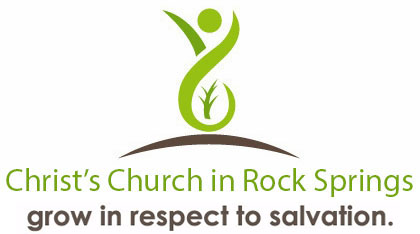Lucas gives a talk on how he used nature to dwell on God and himself, and improved his mental and spiritual health...and how that convinced him to change his "stinkin' thinkin." How is cognitive behavioral therapy tied to repentance in the Christian life? Note: the audio is damaged starting a couple of minutes in due to the failure of the lavalier mic.
Lucas presents a lesson with some interactive polls about dishonesty. Do we think about what makes us cheat? Thanks to the marvel of modern technology, the assembly was able to answer questions in real time, and see everyone’s results. Briefly, we covered:
—The cheating bug. (And is it contagious?)
—How to avoid getting ethically ill.
—Do we cheat more when we’re together?
—Remember your mortality.
—Conflicts of interest.
—Prioritizing values, and would you let innocent people die to avoid telling a lie?
—The most important command.
—Biblical themes.
Hope you enjoy, and be sure to get the book!
An old study keeps floating around the internet, claiming that children who grow up in religious households are less altruistic than those raised in a secular environment. The study, upon peer-review, was found to have incredible flaws.
A recent meme—below—from my faith heritage shares some flaws. We utilize this meme during the class to look at the importance of presenting the strengths and weaknesses of any position you hold.
Is this meme accurate?
What causes us to lie? If money’s on the line, do we lie more? What if we can make a lot of money? How can we enhance our own honesty?
Lucas leads a lesson using Dr. Dan Ariely’s book “The Honest Truth About Dishonesty: How We Lie to Everyone—Especially Ourselves.”
You can find the slideshow’s download link hosted at slideshare here. The class starts at slide 34 and ends at slide 65.
God bless, and with love, always,
—Luke
How can God know how the world will end up? How can He know our individual destinies? Lucas discusses that there. The handout, which you’ll need, is found at the link.
Lucas goes through a fun lesson that’s interactive—you can play along as you listen, too! We learn about the lies we tell everyone, and especially ourselves, as well as how to overcome them, using scientific studies by Dr. Dan Ariely and others. Attached to this link is the slideshow in case you want to give the same lesson or just follow along.
Divorce 1 and 2 Discussion—You can probably skip to the 38-minute mark if you want to get straight to the real setup for the coming class, as the first discussion is much abbreviated for privacy. However, if you’d like to listen to both discussion portions, the 1st portion is about:
-Historical church views of divorce.
-Old Covenant reasons for which divorce was allowed.
-A brief look at what unfaithfulness in marriage entailed.
The 2nd portion contains:
-Jewish history and some funny news stories.
-A brief glimpse into Biblical terminology surrounding divorce.
-A look at ancient Near East laws about divorce and widowhood.
-Examination of societal impacts of divorce.
-And overall preps us to move into an examination of New Covenant writings with a better understanding of cultural and Biblical context.
Kartartizo 4 Ways—Lucas Necessary delivers a message about the power and purpose of the assembly, and how to unlock your own potential, not just on Sunday, but every day.
Click on the image below to download the slideshow and follow along.



